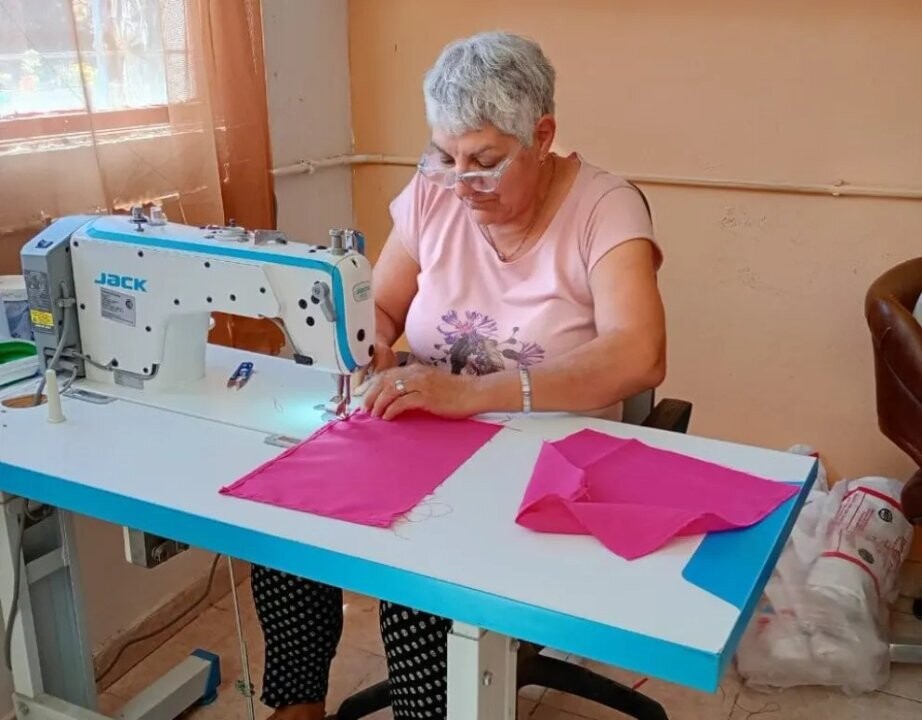
A group of women from Argentina stands out for their resilience and creativity amid current challenges. Viviana, the main leader of the project, emphasizes that they are open to receiving custom orders ranging from washing machine covers to coolers. This rebellious and entrepreneurial group of women is organized under the cooperative "Nosotras desde Abajo," which is dedicated to recycling plastics and has found in this activity a source of economic and environmental support for their families.
In a broader context, the lifting of tariff and tax barriers in the textile and footwear industry raises concerns among local producers, but at the same time opens new opportunities for imports. Data from the specialized company Jidoka reveals that clothing imports reached US$ 159 million last year, mostly from China. A growth of at least 30% in clothing imports is expected this year, following the removal of certain restrictions.
The impact of tariff opening has been felt in the Argentine textile industry, which has experienced a significant drop in production. In light of potential job destruction and the inactivity of half of the factories, there is a need to restructure the business. The sector, which previously showed a 40% decline in production, seeks to adapt to the new market dynamics through a mixed approach that combines imports with local production oriented towards export.
Despite the challenges, Viviana and her team have not stopped and maintain their commitment to the community. Through the cooperative "Nosotras desde Abajo," they offer a variety of products made from recycled materials, such as aprons, pencil cases, backpacks, and yerba mate bags, marketing them nationally through platforms like EcoPop. Their participation in local fairs provides visibility and support, demonstrating that recycling can be a path towards empowerment and economic sustainability.
In this scenario, actors in the textile sector will need to invest in innovation, creating their own brands, and seeking new markets to maintain competitiveness. Larger textile SMEs face technological and differentiation challenges, while cooperatives like "Nosotras desde Abajo" reaffirm their social commitment and ability to generate useful products from recycling. Collaboration between companies and organizations will be essential to share resources and experiences in the context of transforming the Argentine textile industry.










